Author: Dr Sharmila Samaranayake (MBBS, DCH) & Jennifer Austin (BSc MS)
Overview [Diet & Lymphedema]
Lymphedema is a swelling which occurs in one or more of your arms or legs, occurring as a result of any blockage to your lymphatic system which prevents lymphatic fluid from draining.
Although lymphedema is usually an incurable condition, taking care of what you eat and drink can help you with managing your lymphedema, especially the risk of worsening as well as preventing complications.
What Should Be Your Lymphedema Dietary Aims?
Although diet does not directly cause or prevent lymphedema, it can indirectly affect the management of lymphedema according to your life style.
Diet plays a role in management of certain causes of lymphedema such as obesity and reduces complications of lymphedema like preventing infections.
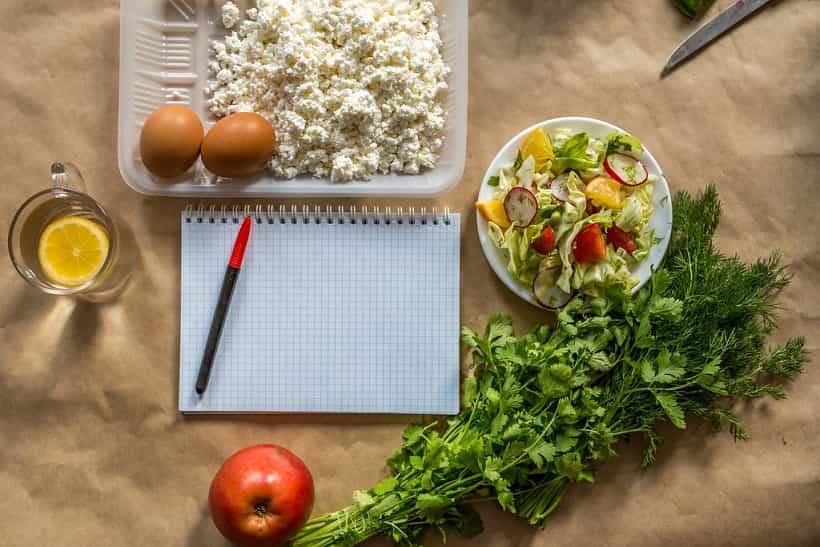
Diet To Maintain A Healthy Weight
Obesity is found to be a risk factor for developing lymphedema as well as causing complications.
Therefore, to manage your weight successfully you should balance your meals with nutrient dense foods which is low fat and include whole grains, lean proteins, vegetables, fruits and green leaves in your daily meals and snacks.
If you are overweight or obese, it is better to discuss with a dietician to formulate a diet plan according to your life style and requirements.
It is your responsibility to stick to that plan in order to maintain a healthy weight.
Some studies have shown that losing weight can significantly improve symptoms of lymphedema in individuals who are overweight.
Avoid Refined Sugars and Refined Grains
Refined means that the sugar and grains are stripped of all bran, fiber and nutrients.
It is recommended that you should avoid refined sugars such as white sugar, sweet cakes, sweet desserts and sweet drinks.
Cut back on sugar filled drinks like sodas and cordials. Some popular drinks contain a heap of added sugars which is bad for your health.

Brown sugar is better than white sugar as it releases glucose to the blood stream gradually.
Refined grains are white flour, white bread, pizza dough, pasta, pastries, white rice and some breakfast cereals.
Try to avoid especially the gluten containing grains.
Fat Intake and Lymphedema
Limit your fat intake to maintain a healthy weight.
Limit foods high in saturated fats and Trans-fats. Avoid fatty cuts of beef, pork and lamb, poultry skin, high fat dairy foods like whole milk, ice cream, sour cream, cheese and butter.
Trans-fats are found in snack foods (microwave popcorn, pastries), fast foods, stick margarines, crackers, cookies and cakes. Avoid these as much as possible.
However, there are ‘good fats’ which contain monounsaturated and polyunsaturated fats which are beneficial for your health.
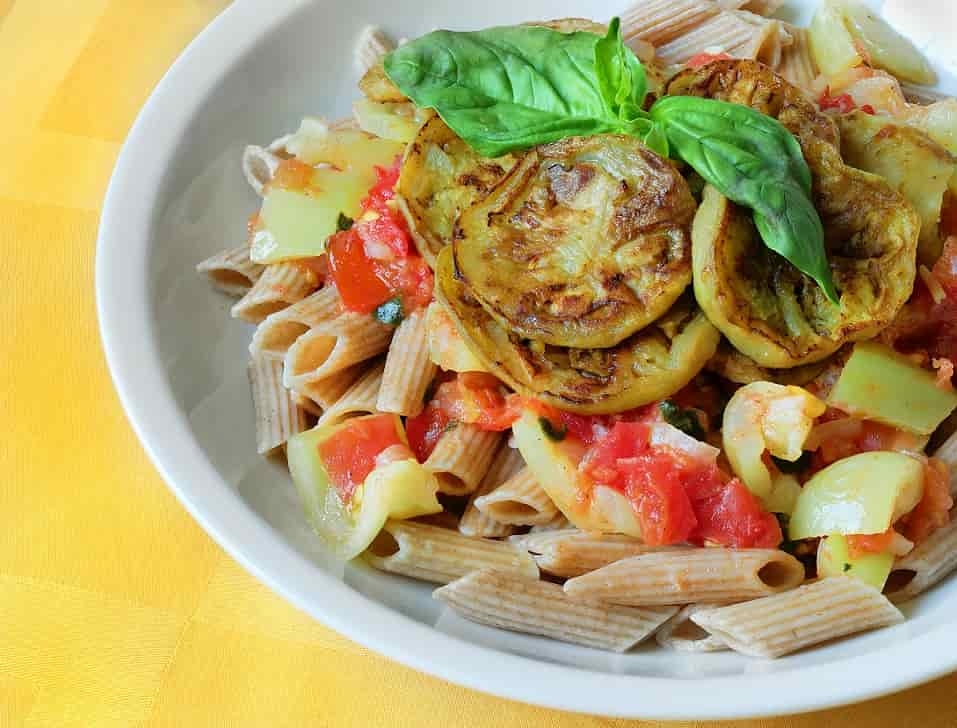
Good sources of these healthy fats are olives, avocados and nuts, seeds like sunflower, sesame and pumpkin, soy milk, tofu, canola, olive and sesame oils.
You can include these in your main meals and snacks, as fat is an important nutrient with regards to providing you with necessary energy for your daily activities.
Avoid animal products and dairy as much as possible. However, yogurts and kefir are found to be helpful in lymphedema.
Maintaining Your Blood Sugar Level
Diabetes is a major risk factor for causing complications in limbs affected by lymphedema.
Long standing diabetes with improper maintenance of blood sugar level can lead to infections like cellulitis (infection of skin and soft tissues and is a potentially serious bacterial infection) and fungal infections especially in between your swollen toes.
Diabetes can lead to non-healing ulcers in your lymphedema affected limb. Therefore if you are a diabetic, it is a must to control your blood sugar levels.
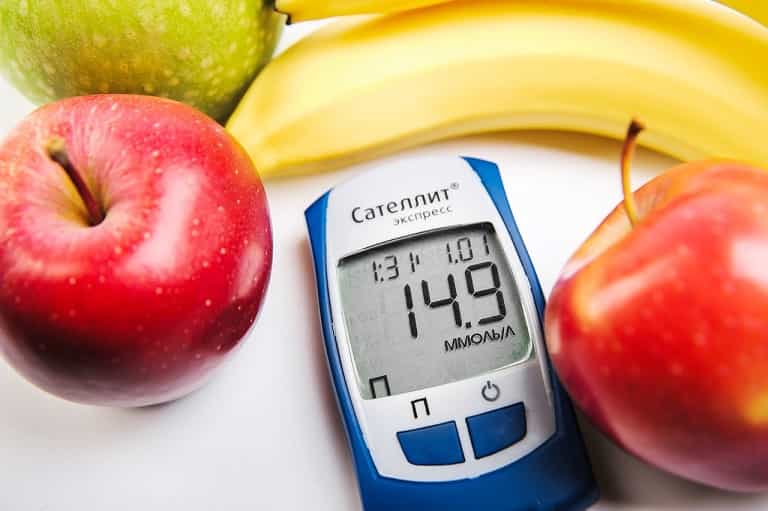
Avoid refined grains and sugars as well as very sweet fruits like dates and very ripe fruits as they contain more fructose. However you can eat half ripe fruits.
If you are suffering from diabetes despite of your lymphedema, avoid dried fruit with added sugar, canned fruit with sugar syrup, jam, jelly and other preserves with added sugar.
Eat foods with low glycemic index (GI of 55 or less) such as; most fruits, vegetables, beans, minimally processed grains, low fat dairy foods and nuts.
The glycemic index is a ranking of carbohydrate in foods according to how they affect your blood sugar level. Carbs with low GI index are digested gradually which gives a slow rise in blood glucose.
Fruits and Vegetables
Eat plenty of fresh fruits, vegetables and green leaves for vitamins and minerals
Nutritious Fruits include berries, apples, oranges, mangoes, kiwi, grapes and tomatos
Vegetables high in nutrients are carrots, beans, broccoli, olives, red and yellow peppers
Green leaves like kale, spinach, collard leaves and lettuce
These contain plenty of vitamins and minerals.

Try to include at least two to four servings of fruits, and three to five servings of vegetables in your daily diet.
By including them in your daily meals and snacks can help you fight infections.
Proteins and Lymphedema
Proteins are important to prevent malnutrition and muscle wasting.
There is a myth regarding ‘proteins worsening lymphedema’.
However, it is not true because consumed protein has no connection with the proteins in your lymph fluid. Therefore, your meals should include lean proteins such as; lean beef, fish, chicken and eggs.
Salt Intake and Lymphedema
Make sure you avoid high salt foods like salted, smoked or canned meats, fish and entrees (ravioli), salted nuts, sausages, chips, French fries, frozen breaded meats and dinners like pizza and burritos.
Salt is high in sodium which you should avoid if you are suffering from lymphedema.
Sodium promotes fluid retention. When more fluid is retained in your limbs, the swelling will increase. However this does not occur in all patients with lymphedema.
People who are sensitive to salt may exacerbate their symptoms if they eat salt rich foods. Therefore it is best to avoid high salt containing foods if you suffer from lymphedema.
How does alcohol affect Lymphedema?
Alcohol causes expansion of blood vessels which in turn increase the amount of fluid which accumulates within the tissues.
In healthy individuals this excess fluid is removed by their lymphatic system. But in patients affected with lymphedema, this doesn’t occur.
Therefore, excessive consumption of alcohol can increase swelling of the affected limb.
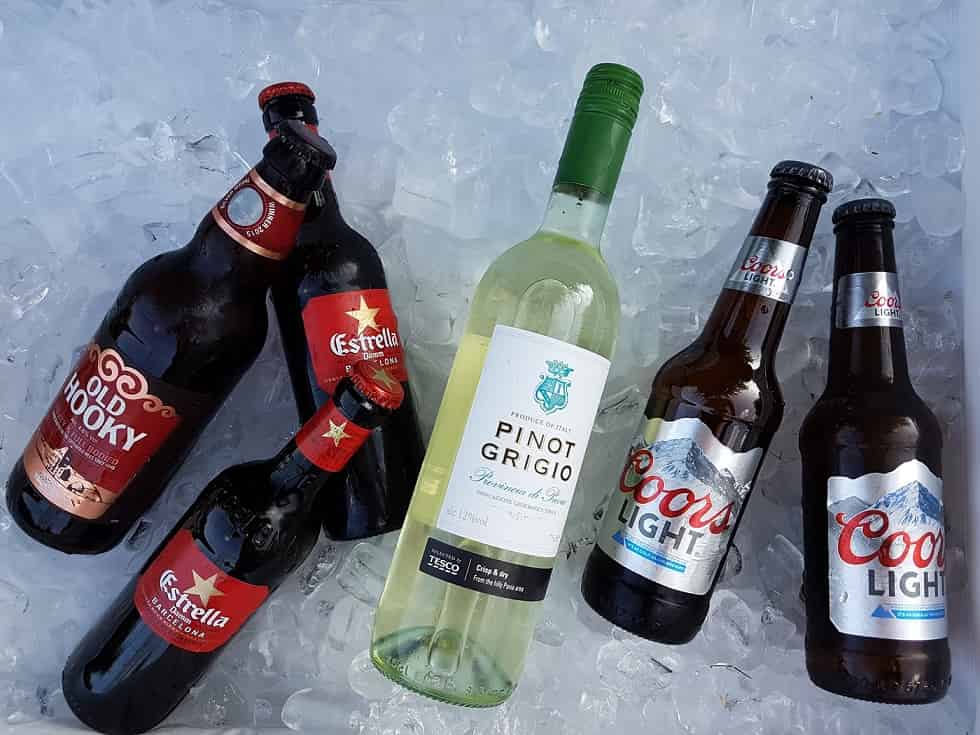
Conclusion
As you can see diet plays quite a big role in management of your Lymphedema with regards to controlling symptoms and prevention of further complications.
Therefore, you should take every effort to eat a healthy, balanced and a nutritious diet in order to lead a healthy life.
Check back with lymphedemalifeline.org for more articles like this.
Disclaimer – The information on this website is for informational purposes only. Lymphedemalifeline.org and it’s staff, writers, etc. assumes no responsibility for any consequences arising from any use made of, or any reliance on, the information contained on this website.

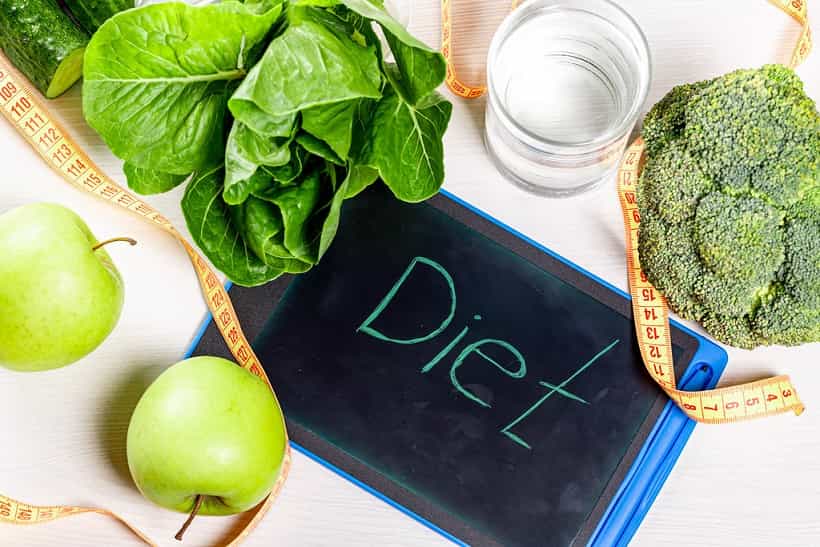

Thank you for this article, well documented and very informative. Eating a balanced diet is definitely key.
Great information